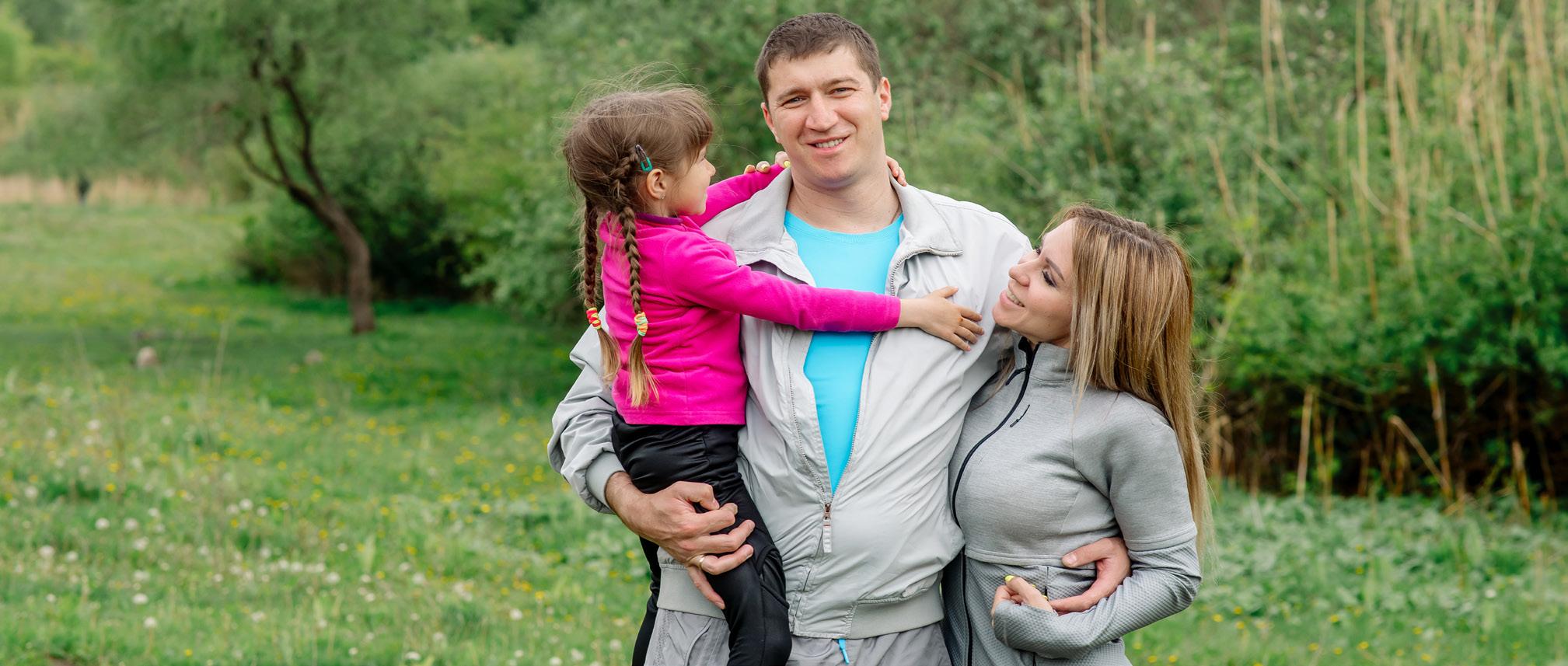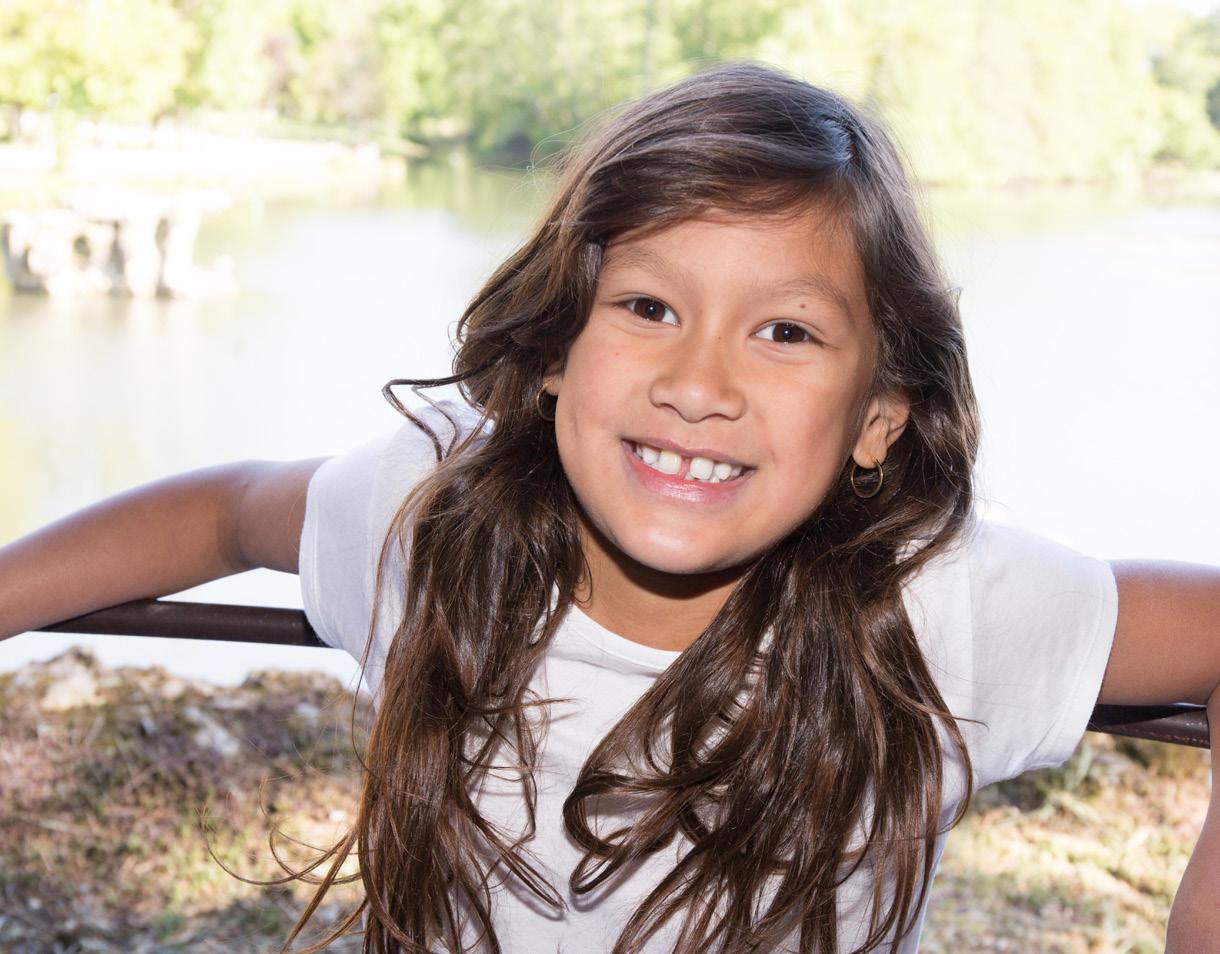
2 minute read
Program Description
SHINE is an early intervention program offering assistance and support to children, families and the community. The program works with children and young people between the ages of 0 and 18 years, and an adult willing to work with them. The program’s objectives are: 10
• To promote and support mental health in children and young people; • To strengthen parenting, relationships and communication within families as a way to promote mental health for children and young people; • To increase knowledge/awareness of mental health in the community. The service provides individual child and adolescent support, parenting assistance, whole of family support, advocacy and assistance for families, programs and groups work for children in schools and communities, and community capacity building around mental health.
(practitioner focus group participant)
The SHINE program’s objectives align with Family Life’s overall purpose of supporting children and young people to thrive through strengthening parenting and relationships within families in the context of building and supporting capable communities.
By providing...
It will lead to...
Individual child & adolescent support. Programs & groups work for children and young people .
Parenting assistance.
Whole of family support.
Advocacy and assistance for families.
Community capacity building. Children and young people develop skills and strategies to support their mental health & wellbeing. Children and young people develop self-awareness and self-esteem.
Participants are aware of the dynamics and effects of mental health and wellbeing, and implement strategies to manage mental health and wellbeing issues. Participants improve their relationships and communication skills.
Children and young people are supported to engage and participate in their community. Participants seek support (formal or informal) when needed. Community members understand mental health and wellbeing. Children and young people have social support and a sense of belonging within their community and culture. Children and young people access mental health support. Communities are supportive of mental health issues.
Program outcomes - short-term intermediate
Children and young people use strategies to express themselves and have their mental health needs met. And ultimately...
long-term
THRIVING CHILDREN
Children and young people experience optimal development and are safe from harm.
Families promote mental health and wellbeing for all members (including children and young people). Participants have healthy relationships.
STRONG FAMILIES
Families experience positive wellbeing and strong and respectful relationships.
CAPABLE COMMUNITIES
Adults, young people and children learn and participate within supportive communities.





